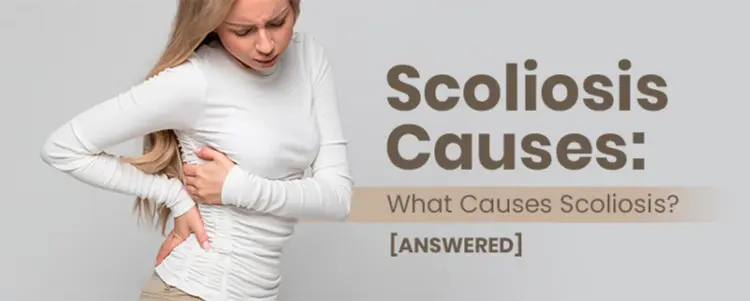

Scoliosis Causes: What Causes Scoliosis? [ANSWERED]
Part of the reason scoliosis is often deemed a ‘complex condition’, despite efforts made, we still don’t fully understand the different scoliosis causes.
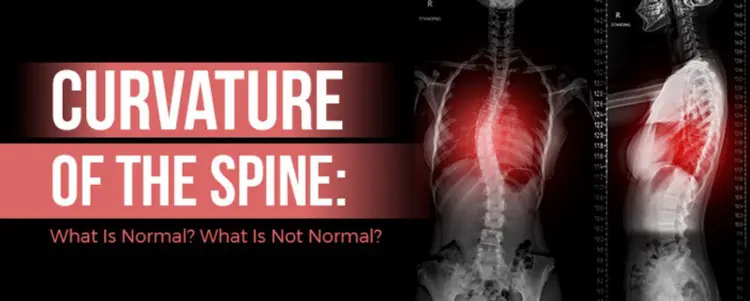

Curvature Of The Spine: The Spine’s Healthy Curves
When an abnormal curvature of the spine develops, there is a loss of the spine’s normal curvatures, which can disrupt the spine’s overall health and function.
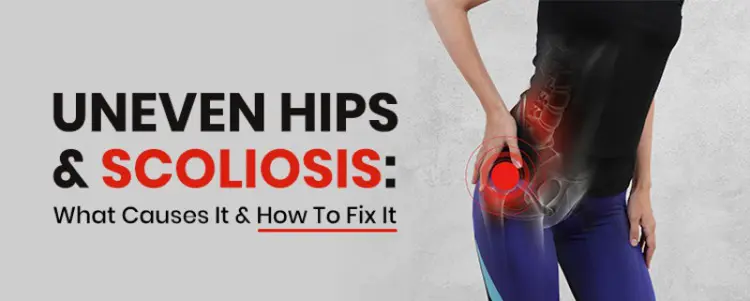

Uneven Hips & Scoliosis: What Causes It & How To Fix It
Scoliosis introduces a lot of uneven forces to the body. An abnormal spinal curvature can produce a number of postural changes, including uneven hips scoliosis.
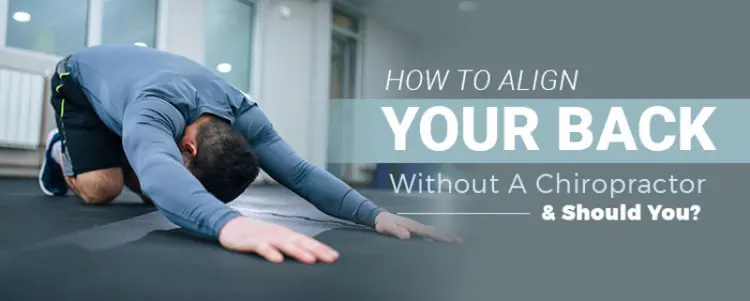

How To Align Your Back Without A Chiropractor & Should You?
Regarding how to align your back without a chiropractor, this shouldn’t be attempted without professional guidance, especially for those with scoliosis.
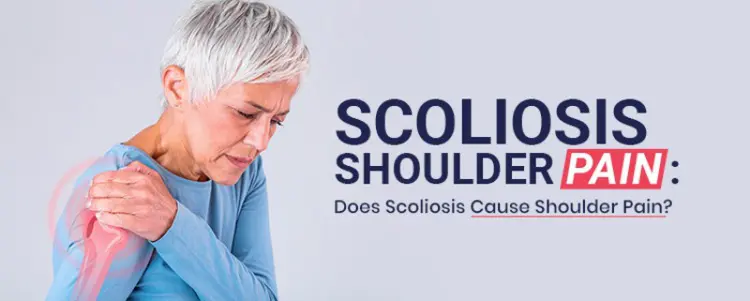

Scoliosis Shoulder Pain: Does Scoliosis Cause Shoulder Pain?
When the body is exposed to uneven forces, as it is with scoliosis, a number of symptoms can develop, including scoliosis shoulder pain.
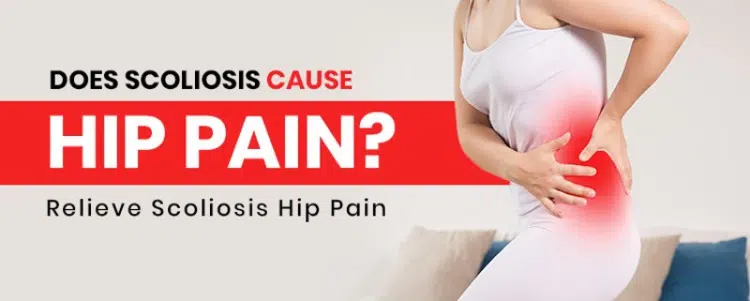

Does Scoliosis Cause Hip Pain? Relieve Scoliosis Hip Pain
There are many uneven forces at work with scoliosis, with potential to produce symptoms related to asymmetrical postural changes, such as scoliosis hip pain.
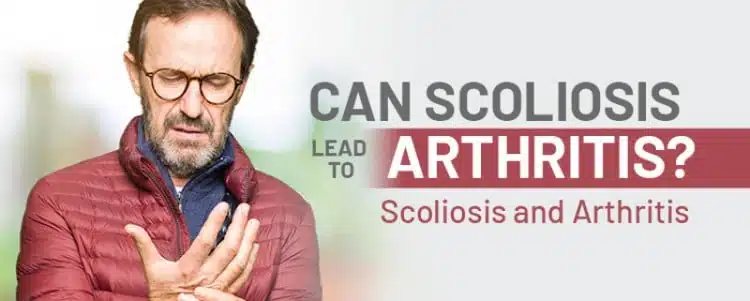

Can Scoliosis Lead To Arthritis? Scoliosis and Arthritis
To answer the question, can scoliosis lead to arthritis, let’s explore the degenerative process that’s shared between degenerative scoliosis and osteoarthritis.


Can Scoliosis Cause Numbness? Can It Cause Neuropathy?
As scoliosis is a spinal condition and the spine is an important part of the body’s central nervous system, it can cause numerous effects, including numbness.
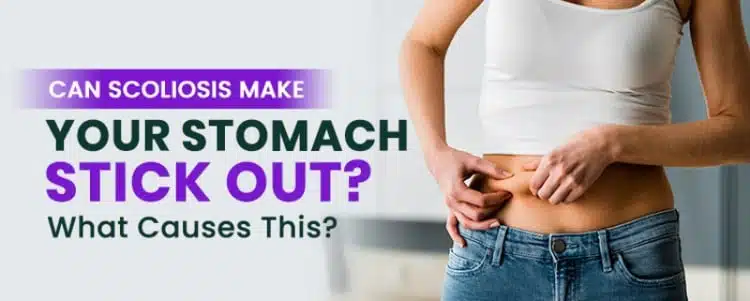

Can Scoliosis Make Your Stomach Stick Out? What Causes This?
Let’s answer the question, can scoliosis make your stomach stick out, by exploring the role of the spine’s natural curves & the unnatural ones that can develop.
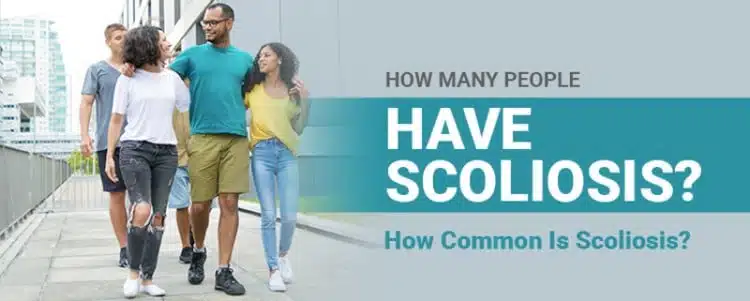

How Many People Have Scoliosis? How Common Is Scoliosis?
While most people have heard of scoliosis and know it’s characterized by an abnormal spinal curvature, few realize just how many people have scoliosis.
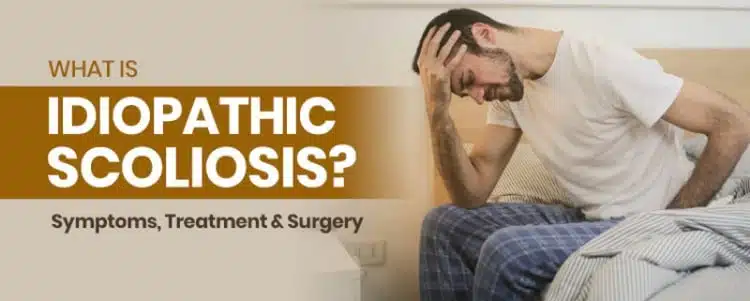

What Is Idiopathic Scoliosis? Symptoms, Treatment & Surgery
Let’s define idiopathic scoliosis, along with common symptoms, and how different treatment approaches offer different outcomes, including spinal-fusion surgery.
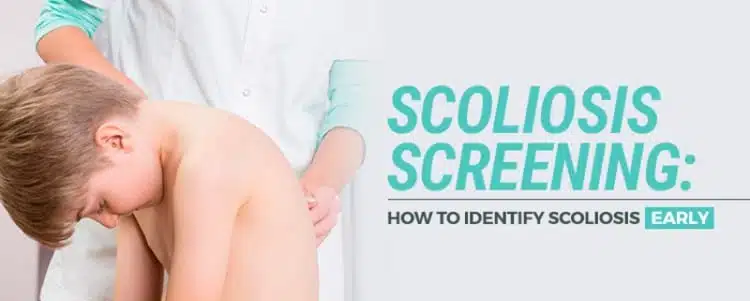

Scoliosis Screening: How To Identify Scoliosis Early
Scoliosis screening can be an effective way to gauge whether or not a person has indicators of the condition, which can help with treatment efficacy.


8 Famous People & Celebrities With Scoliosis. Did you know?
While most people have heard of scoliosis, many would be surprised by how prevalent the condition is, as well as the number of famous people with scoliosis.
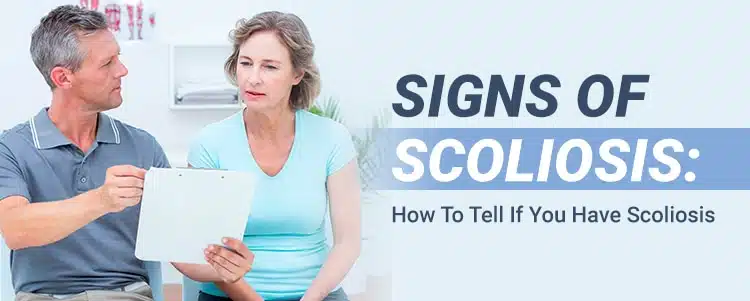

Signs of Scoliosis: How To Tell If You Have Scoliosis
Knowing the early signs of scoliosis can make a big difference to how a condition responds to treatment; keep reading to learn the benefits of early detection.
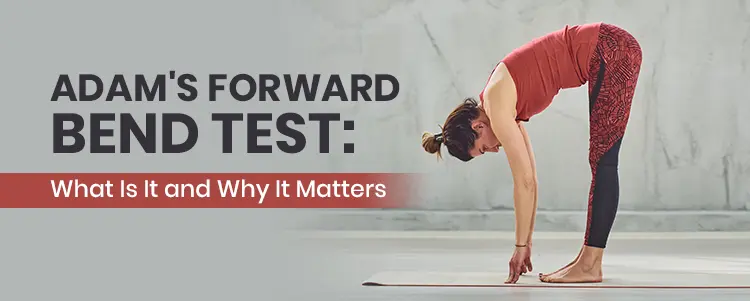

Adam’s Forward Bend Test: What Is It and Why It Matters
The Adam’s forward bend test is a great screening tool that looks for indicators of scoliosis and has the potential to help with early detection.
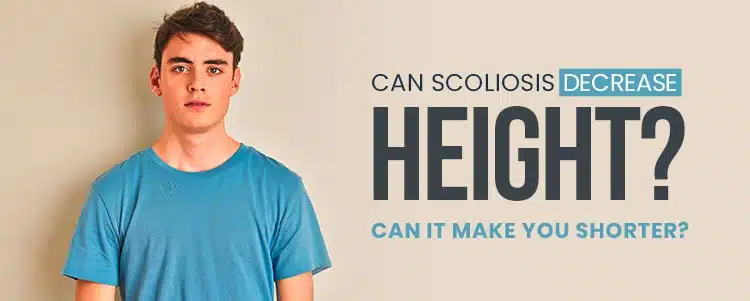

Can Scoliosis Decrease Height? Can It Make You Shorter?
Many people with scoliosis want to know, can scoliosis decrease height? In this post, we’ll the association between scoliosis and a loss of standing height.
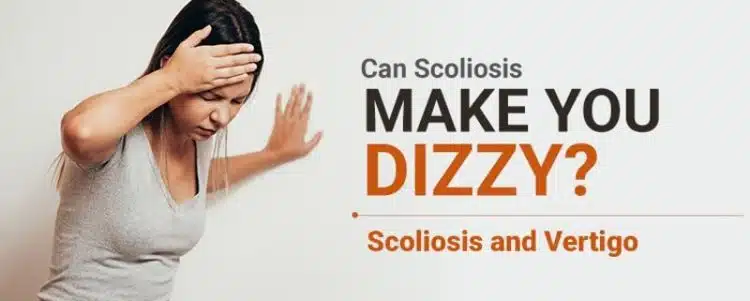

Can Scoliosis Make You Dizzy? Scoliosis and Vertigo
We are currently exploring the connection between adolescent idiopathic scoliosis and vertigo, and answering the question, can scoliosis make you dizzy?
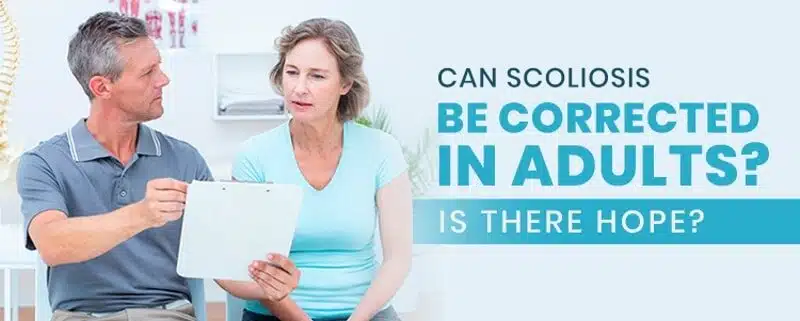

Can Scoliosis Be Corrected In Adults? Is There Hope?
We are addressing the question of can scoliosis be corrected in adults, along with different forms, condition prevalence, and treatment options here.
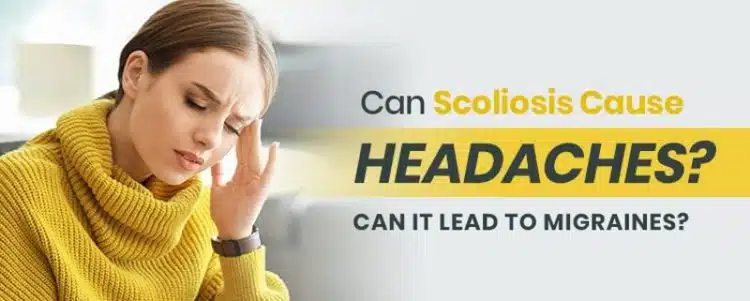

Can Scoliosis Cause Headaches? Can It Lead To Migraines?
Here you'll learn everything you need to know about scoliosis-related headaches & migraines, and the role that muscle tension and cerebrospinal fluid play.
